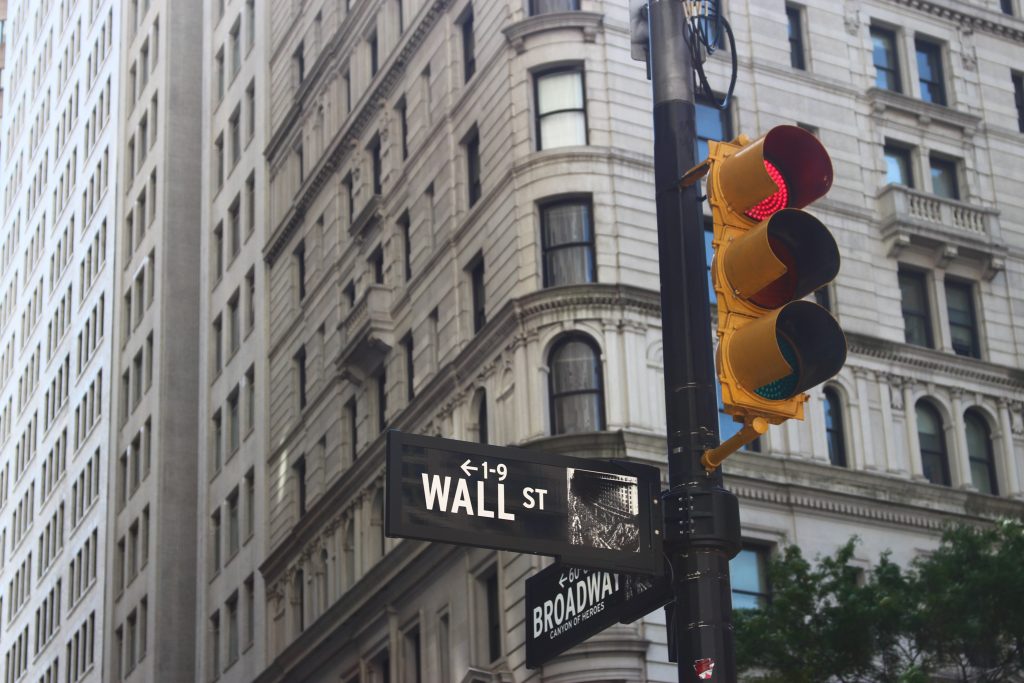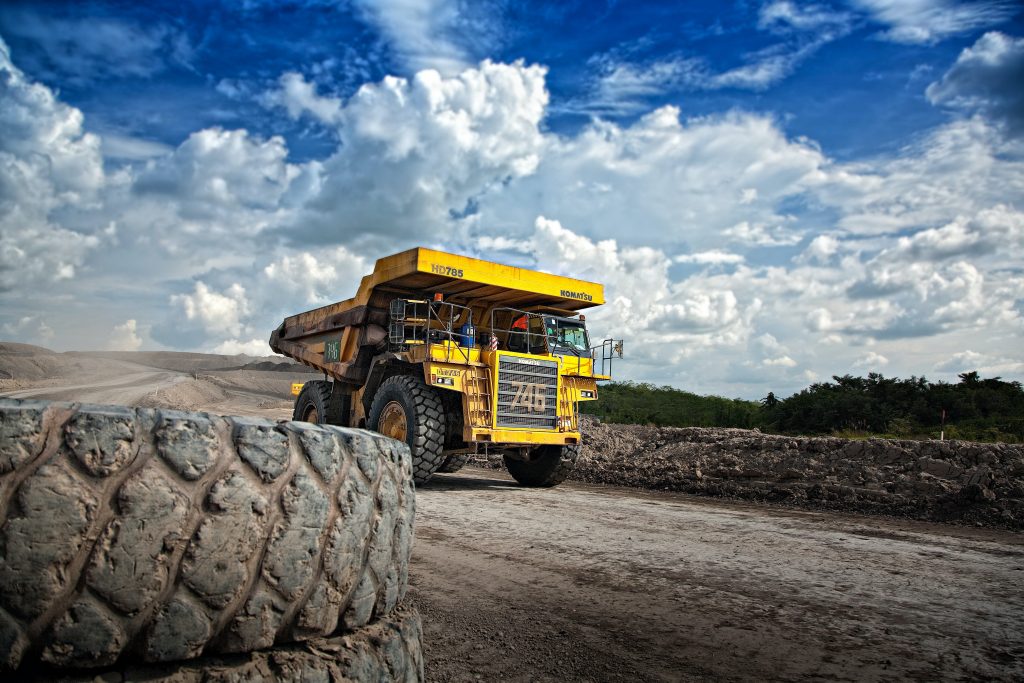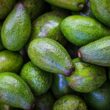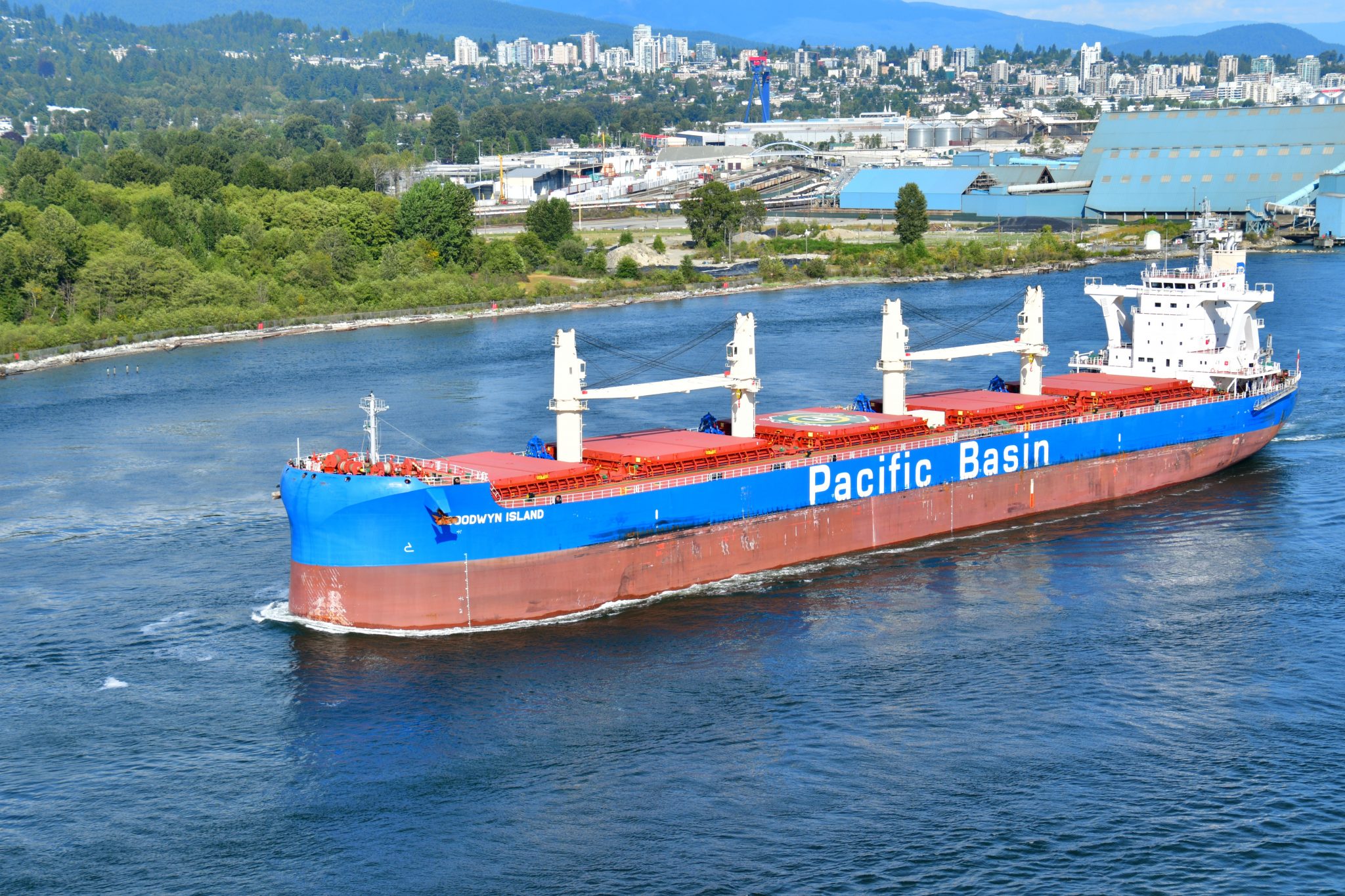Commodities trading has become a fashionable career choice in times of algorithmic trading. But are more of a financial trader or commodity trader?
Algorithmic Market-Making
Modern electronic market-making means that there are fewer traders in banks and financial firms.
Commodity trading is different, as it requires physical delivery.
For this reason, commodity traders are truly dependent on their operations desk.

Traditional Financial Assets
Trading stocks, bonds, and options is just a matter of “buying” or “selling”. In a way, it’s just about pressing “buy” or “sell”.
This type of trading requires less people, which explains why so many firms have cut down their trading desks by up to 90%.
In addition, the type of trader you can find in those markets is likely going to be a “programmer” who learned how to “trade”.
In sum, if you want to land a job in a trading desk at an investment bank or prop trading firm, your best bet is to study math, physics, or CS and learn phyton.

Physical Commodities
Trading commodities differs markedly from trading stocks or bonds.
You need to deliver the cargo.
Physical commodity traders need to be great at numbers and people.
You need to be able to cement your commercial relationships, and maximise your PNL (profit and loss).
But that’s not enough.
You need to understand operations and logistics, and make sure it gets done.
In commodities, over-promising and under-delivering is a real risk, and will get you in trouble.








